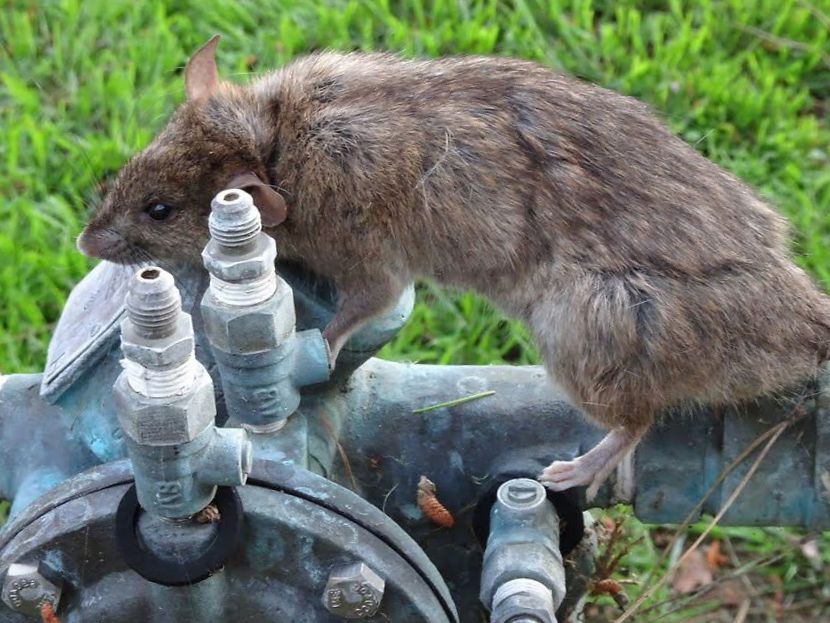
Dogs and cats have been linked to rat-catching for many years, with homes actively seeking out a feline friend for that specific role. Terrier-type dog breeds were also a popular choice for a home invaded with rats, a keen nose and love of the chase to help them along the way. They are natural predators of rodents in the "wild world", but we no longer live in that "wild world". In fact, we're fast running out of actual wild spaces, more and more room required for human settlements. That's why we're seeing more and more wild critters invading our homes, rats and other rodents being just the tip of a rather large iceberg.
Along with that, the animals that would once have chased and hunted rats — cats and dogs — have now become domesticated. We have taught these animals to leave those wild and basic instincts behind and instead to behave like well-mannered pets. That's why we have them in our homes. They are no longer a tool for rat catching, but a treasured member of the family too.
When you take away some of the wild traits that an animal has, in an attempt to make a domesticated and safe to have in the home, you are taking away part of their ability to successfully hunt, chase, and kill. Anyone who has a cat will probably tell you that they have received their fair share of gifts and by-the-feet deposits, usually of dead birds, mice, rats, or similar. That's just one rodent, though, and it probably took the animal long enough to catch that one.
Your cat or dog might still be rather good at rat catching, which seems as though it should work in your favor. In reality it doesn't work in your favor at all; quite the opposite. Your cat is probably going to bring a HALF-DEAD rat or mouse into the home, which is considerably worse than dead ‘gift'. Before you've even had the chance to locate where the little beast went, it'll have set up a home, attracted other rats, and then mated. One rat turns into a hundred rats in no time at all where they're all breeding together, and your cat actually introduced a problem to your building rather than solving it.
All of this seems bad enough, but the news carries on getting worse. Rats carry fleas, mites, and ticks. These can all be transferred to your pets, alongside the individual diseases they carry, and that's before you even begin to delve into the list of diseases that have been associated with rats, rat urine and feces, and dead rat carcasses. Even the most minute biological remainder of biological rat matter can be potentially life-threatening, a point often overlooked by those who ignore rodent infestations in a building. As far as your household pets are concerned, rabies is one of the biggest threats, especially if you have not yet had your pet vaccinated against the disease.
Should you use your pet to remove or kill a rat that you have found in your home? No. You have no control over the situation when you leave it in the hands (or paws) of your friendly feline or pampered pooch. You have no idea where the rat will end up, whether or not your pet has captured it, if it has died, whether it carries a life-altering or threatening disease … In fact, you know very little and that's the most worrying thing of all.
Do not let your pets chase, hunt, or kill rats or other rodents. You should keep pets, particularly unvaccinated ones, away from wild critters hanging around your back yard.
Go back to the pestcontrolrat.com home page.
Copyright 2021 - pestcontrolrat.com
Nationwide Rat Control Services